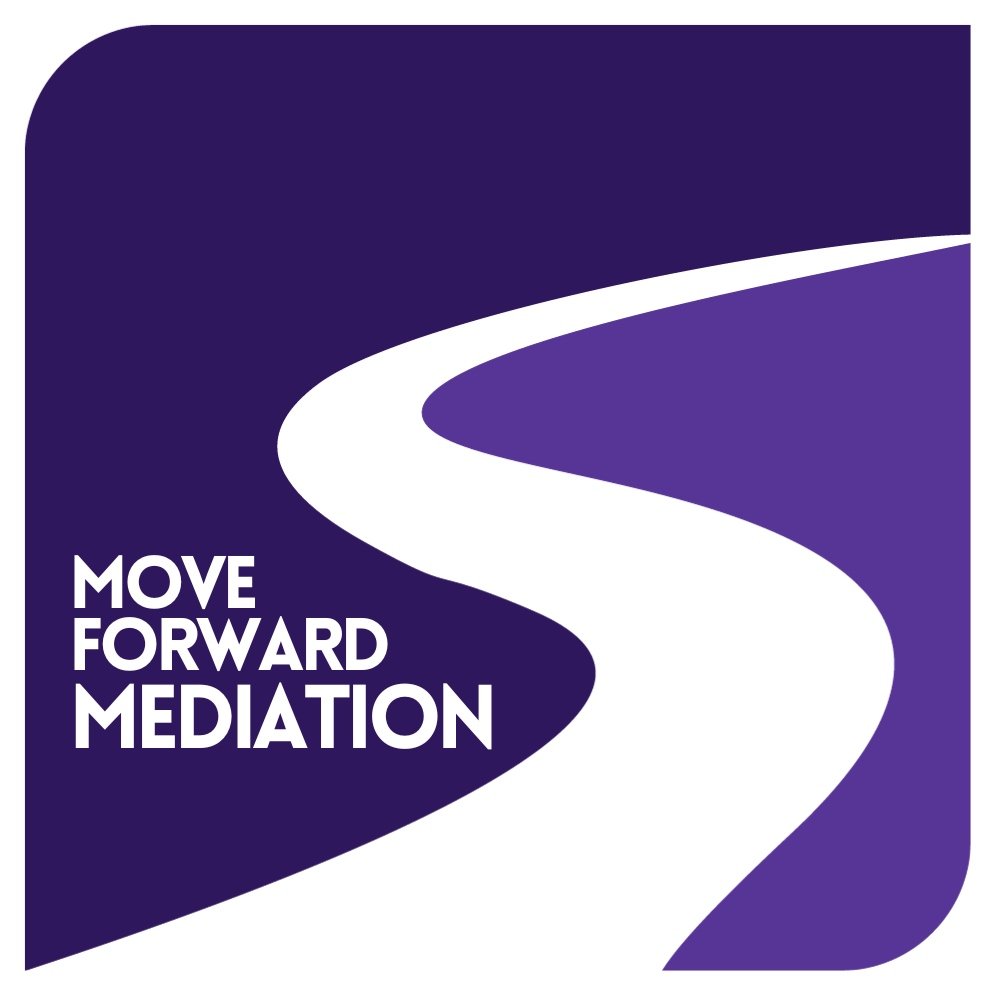-
Mediation is a process where a trained facilitator serves as a neutral third party to work to resolve a dispute.
Unlike a trial or arbitration, the mediator does not make a judgement on the case, but rather facilitates the parties reaching their own agreement.
In mediation, rather than “all or nothing,” people have the opportunity to reach a compromise that, while it may not be perfect, avoids the stress, expense, and uncertainty of a judge or jury trial.
Mediation is frequently used to resolve family disputes, because it is a less formal setting, and creates a foundation for future, civil communication.
-
Setting your own terms: Choosing mediation over a judge or jury trial allows you much more control of the outcome. Rather than a single person or a group of people mandating the result, you and the other party will have the chance to come to your own agreement. You always have veto power in a mediation.
Economical & Fast: Mediation generally costs much less than going to court, and can be done much more quickly than a court case, which can drag on for years.
Impartiality and Balance: Your mediator will be working for both parties to try to reach a resolution. They will not be imposing their opinion on either party.
Collaboration and Compromise: In most mediations, both parties work together to reach a compromise. While neither may get 100% of what they want, they usually end up with an agreement they can live with. Over 80% of mediations end in an agreement.
Confidentiality: Everything that is said in a mediation is confidential, and cannot be used in court. The only thing that will be reported to the court is if an agreement was reached, and if so, a copy of that agreement.
What to Expect
If you contact me about holding a mediation, we will begin with a free consultation, in which you explain the problem you’re dealing with, and I advise you how mediation might be able to resolve the conflict. If you would like to proceed, then I will contact the other person or people involved and get their agreement to mediate. If both parties agree, then you can schedule your mediation with me via phone, or email, or on this website.
Once mediation is scheduled, I will have brief conversations with each of you beforehand, to make sure everyone’s questions are answered and they know how the process goes.
You can represent yourself in mediation, or participate with an attorney.
I conduct mediations by video chat. We usually start with a joint session, where I will explain the process, and give each side a chance to tell their story. After that, we will usually break out into separate rooms, and I will spend time in each room with of you to get clarity on the outcome you want, and to create offers for the other party. These breakout sessions are confidential. I will move back and forth between the rooms until both parties reach an agreement, or it becomes clear that an agreement is not possible at this time.
If an agreement is reached, then either I or one of the attorneys will create a mediated settlement agreement, which will be a binding agreement on both parties.
